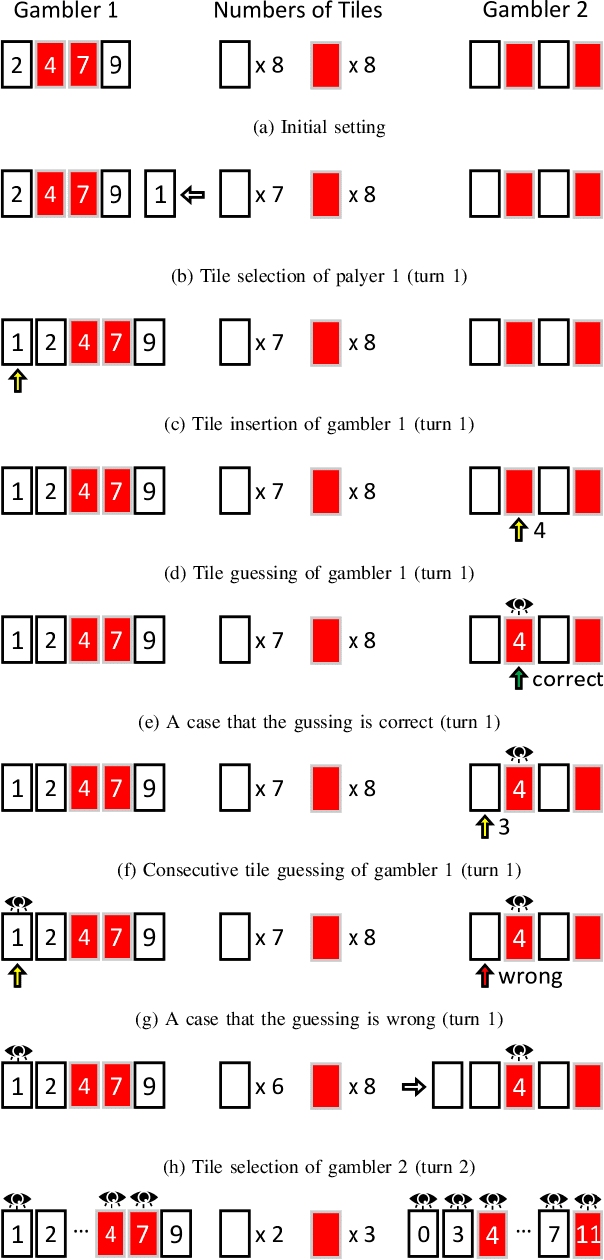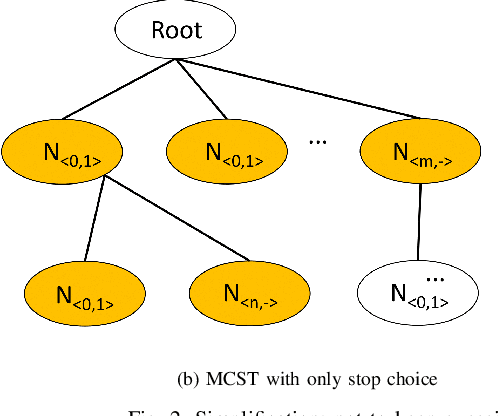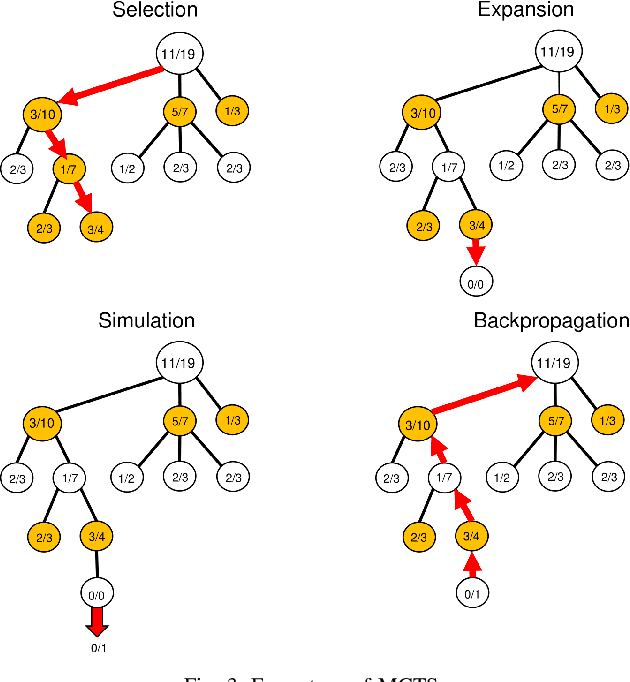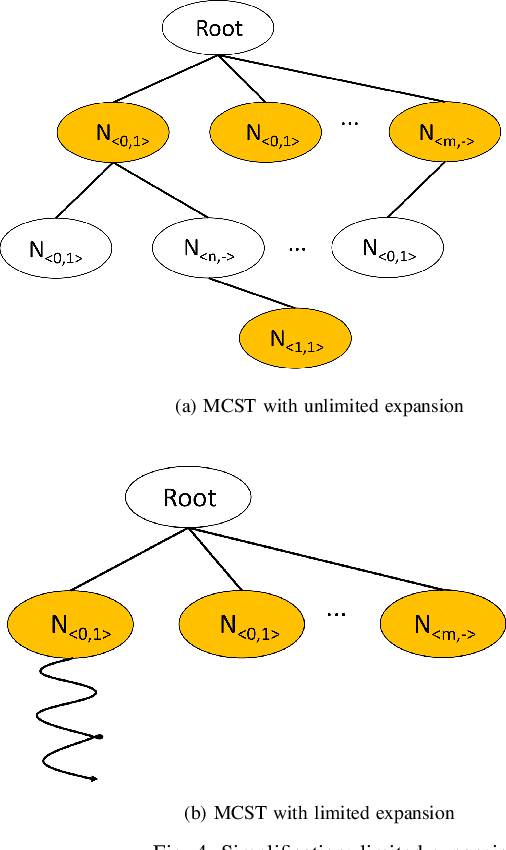Yong Hao
SlimSeiz: Efficient Channel-Adaptive Seizure Prediction Using a Mamba-Enhanced Network
Oct 13, 2024Abstract:Epileptic seizures cause abnormal brain activity, and their unpredictability can lead to accidents, underscoring the need for long-term seizure prediction. Although seizures can be predicted by analyzing electroencephalogram (EEG) signals, existing methods often require too many electrode channels or larger models, limiting mobile usability. This paper introduces a SlimSeiz framework that utilizes adaptive channel selection with a lightweight neural network model. SlimSeiz operates in two states: the first stage selects the optimal channel set for seizure prediction using machine learning algorithms, and the second stage employs a lightweight neural network based on convolution and Mamba for prediction. On the Children's Hospital Boston-MIT (CHB-MIT) EEG dataset, SlimSeiz can reduce channels from 22 to 8 while achieving a satisfactory result of 94.8% accuracy, 95.5% sensitivity, and 94.0% specificity with only 21.2K model parameters, matching or outperforming larger models' performance. We also validate SlimSeiz on a new EEG dataset, SRH-LEI, collected from Shanghai Renji Hospital, demonstrating its effectiveness across different patients. The code and SRH-LEI dataset are available at https://github.com/guoruilu/SlimSeiz.
Development and Application of a Monte Carlo Tree Search Algorithm for Simulating Da Vinci Code Game Strategies
Mar 15, 2024



Abstract:In this study, we explore the efficiency of the Monte Carlo Tree Search (MCTS), a prominent decision-making algorithm renowned for its effectiveness in complex decision environments, contingent upon the volume of simulations conducted. Notwithstanding its broad applicability, the algorithm's performance can be adversely impacted in certain scenarios, particularly within the domain of game strategy development. This research posits that the inherent branch divergence within the Da Vinci Code board game significantly impedes parallelism when executed on Graphics Processing Units (GPUs). To investigate this hypothesis, we implemented and meticulously evaluated two variants of the MCTS algorithm, specifically designed to assess the impact of branch divergence on computational performance. Our comparative analysis reveals a linear improvement in performance with the CPU-based implementation, in stark contrast to the GPU implementation, which exhibits a non-linear enhancement pattern and discernible performance troughs. These findings contribute to a deeper understanding of the MCTS algorithm's behavior in divergent branch scenarios, highlighting critical considerations for optimizing game strategy algorithms on parallel computing architectures.
 Add to Chrome
Add to Chrome Add to Firefox
Add to Firefox Add to Edge
Add to Edge